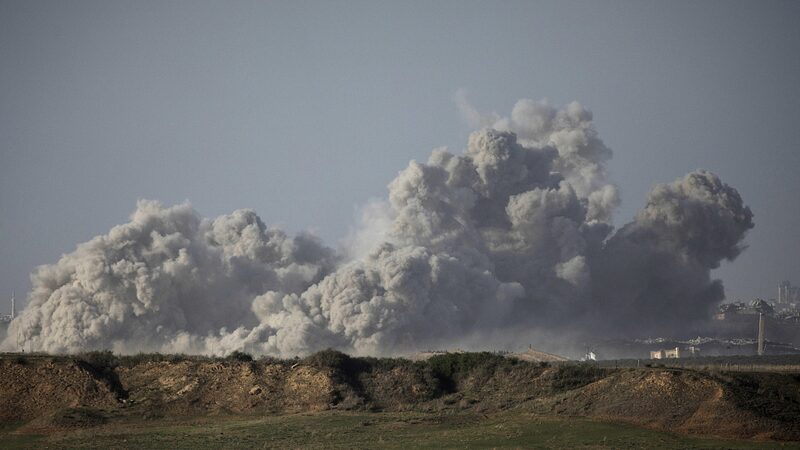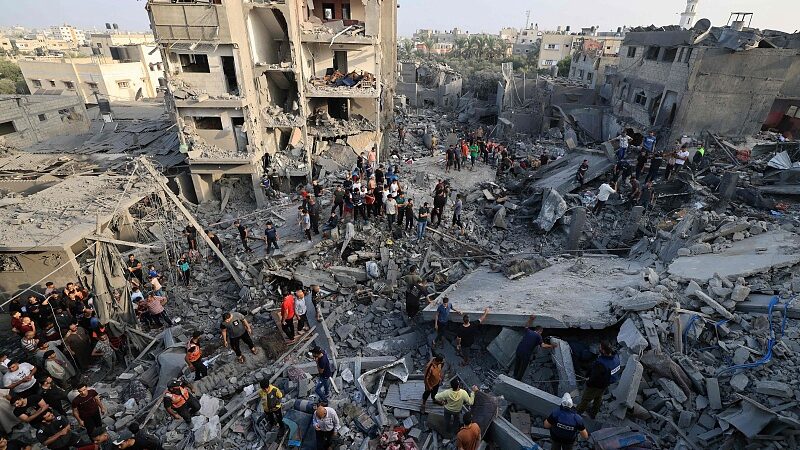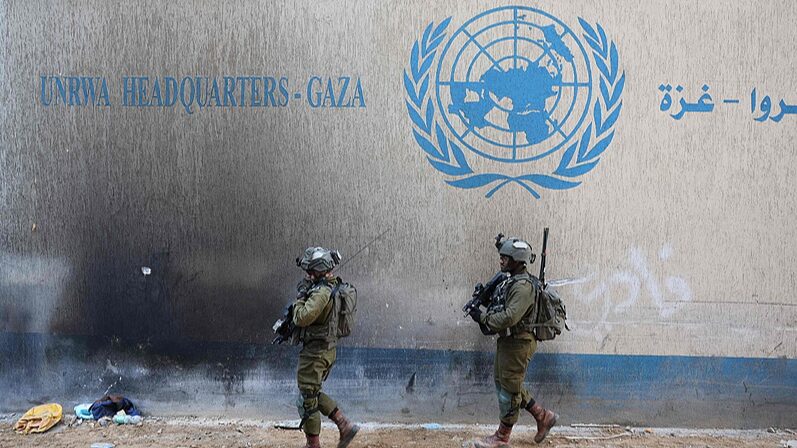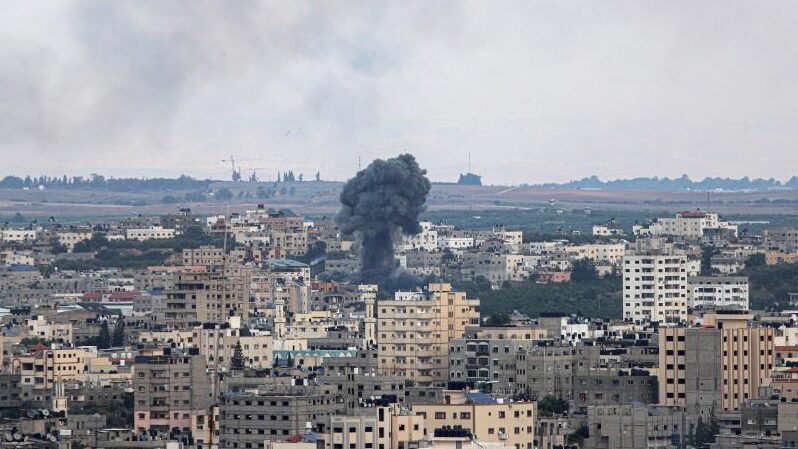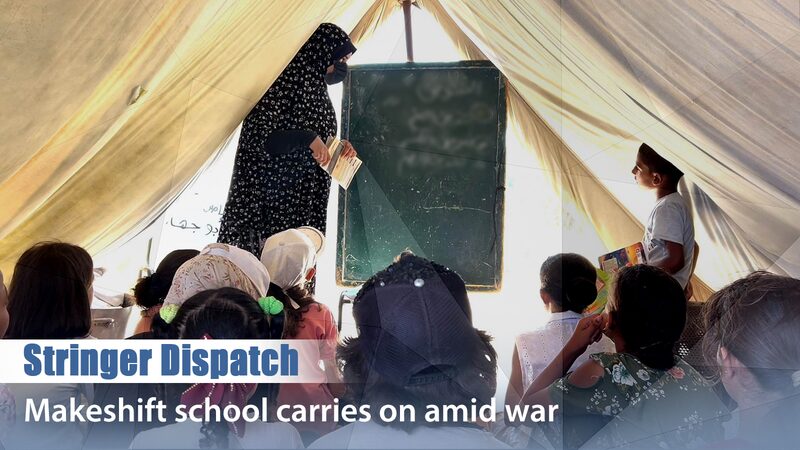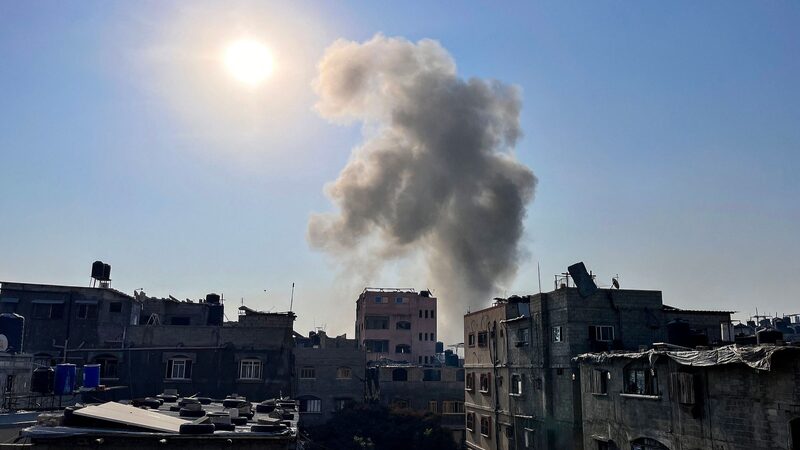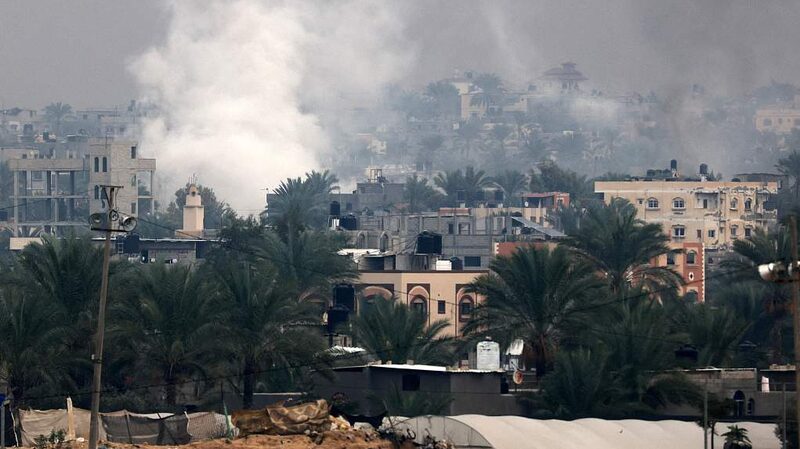As the Palestine-Israel conflict reaches its 79th day, the humanitarian crisis in the Gaza Strip deepens. According to Gaza’s Government Media Office, the death toll among Palestinians has surpassed 20,000 since October 7, a grim indicator of the escalating violence in the region.
Israel continues its intensive bombardment of Gaza, with recent attacks targeting the Nuseirat refugee camp in central Gaza and Khan Younis in the south. The relentless strikes have devastated infrastructure and displaced countless residents, exacerbating the already dire living conditions.
On the Israeli side, the death toll from the October 7 attack by Hamas stands at nearly 1,140. The conflict has caused significant loss of life on both sides, fueling tensions and complicating efforts toward a ceasefire.
In a critical development, the United Nations Security Council has passed a resolution permitting increased aid into the Gaza Strip. The enclave faces an imminent risk of famine and the potential spread of diseases due to the prolonged blockade and destruction of essential services. Humanitarian organizations have repeatedly called for safe corridors to deliver food, medical supplies, and essential aid to the affected populations.
The international community watches with concern as the conflict shows no signs of abating. Diplomatic efforts are ongoing, but the path to peace remains uncertain. The approval of the UN resolution is a hopeful sign for many civilians caught in the crossfire, but the implementation of aid delivery poses challenges amid ongoing hostilities.
Analysts emphasize the urgent need for de-escalation and dialogue to prevent further loss of life and to address the underlying causes of the conflict. The situation continues to evolve, and its impact resonates far beyond the immediate region, affecting global political and economic landscapes.
Reference(s):
cgtn.com
